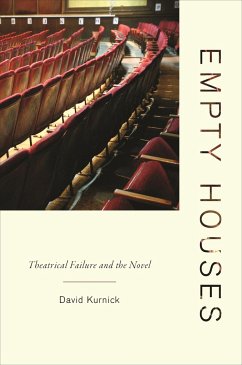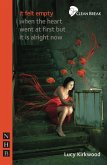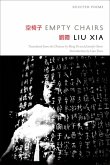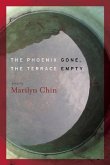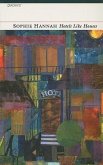"This brilliant book examines the close relations between theater and narrative fiction as the Anglophone novel took its famous interior turn between the mid-nineteenth and early twentieth centuries. Drawing on a wide range of critical approaches to unsettle prevailing ideas about the antitheatrical bias of the novel and the increasing separation between the two genres, this will be recognized immediately as a mind-changing contribution to the history of the novel."--Rosemarie Bodenheimer, Boston College "Through masterly analyses of what he strikingly calls 'the melancholy of generic distinction, ' Kurnick explores the relations between personal psychology and collective aspirations, and between aesthetic expression and various social formations and the political imagination. Original and brilliantly argued, Empty Houses will permanently change the way we look at the history of the modern novel."--Leo Bersani, professor emeritus, University of California, Berkeley "This book radiates an exciting and often inspiring critical intelligence. Kurnick demonstrates--in surprising, original, and thought-provoking detail--how the lapsed enterprise of playwriting rests at the uncanny center of the nineteenth- and twentieth-century novel. In the antagonistic and intimate relationship between the novel and public theater, Kurnick's book gives us an unexpected way to reconsider the novel's troubled, restless negotiations with its own generic identity."--Alex Woloch, Stanford University
Hinweis: Dieser Artikel kann nur an eine deutsche Lieferadresse ausgeliefert werden.
Hinweis: Dieser Artikel kann nur an eine deutsche Lieferadresse ausgeliefert werden.

